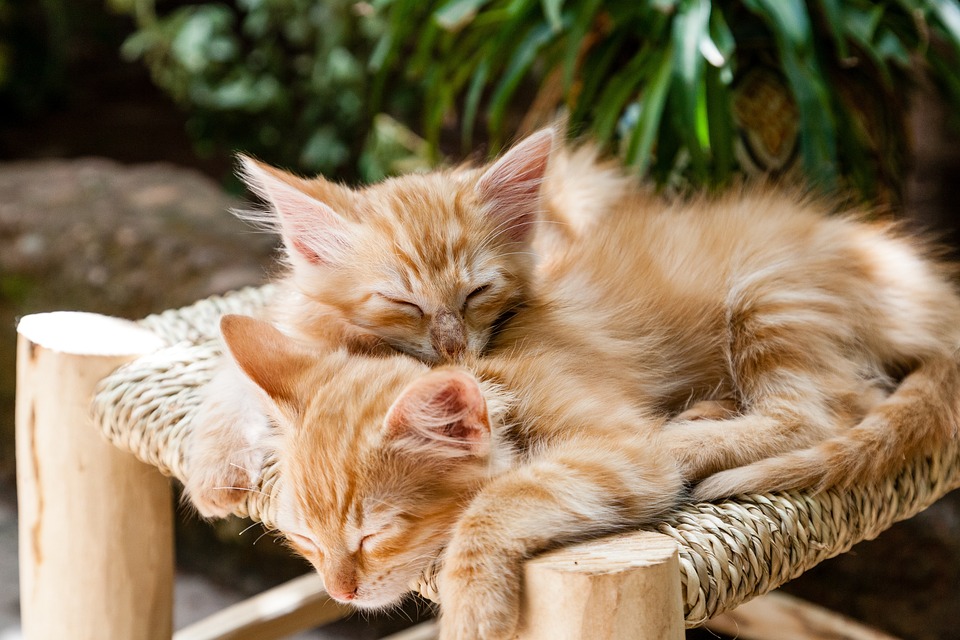As cats age, they may experience changes in behavior and vocalization patterns. Excessive vocalization in senior cats is a common concern for many pet owners. In this article, we will delve into the various causes behind this behavior and explore potential solutions to help your beloved feline companion find comfort and tranquility in their golden years.
Cognitive Dysfunction Syndrome (CDS) is a common cause of excessive vocalization in senior cats. CDS is a neurological condition that affects older cats, similar to Alzheimer’s disease in humans. It can lead to confusion, disorientation, and changes in behavior, including excessive vocalization. Signs and symptoms of CDS in cats include pacing, increased anxiety, altered sleep patterns, and decreased responsiveness.
Pain and discomfort can also contribute to excessive vocalization in senior cats. As cats age, they are more prone to age-related health issues such as arthritis, dental problems, and urinary tract infections. These conditions can cause pain and discomfort, leading to increased vocalization as a way for the cat to communicate their distress.
Sensory decline, specifically hearing and vision loss, can also affect vocalization patterns in senior cats. Cats rely heavily on their senses to navigate their environment and communicate. When these senses decline, cats may become more vocal as a way to compensate for their diminished abilities.
To reduce excessive vocalization in senior cats, it is crucial to first have a thorough veterinary examination. A veterinarian can evaluate your cat’s overall health and identify any underlying medical conditions that may be contributing to the excessive vocalization. Treating these conditions, such as providing pain medication or addressing cognitive dysfunction, can help alleviate the vocalization.
Environmental enrichment is another important aspect of managing excessive vocalization in senior cats. Providing mental stimulation through interactive toys, puzzle feeders, and scratching posts can help keep your cat engaged and distracted. Creating a safe and comfortable environment with cozy hiding spots and soft bedding can also help reduce anxiety and stress, which may contribute to excessive vocalization.
Maintaining a consistent routine and predictability can also be beneficial for senior cats. Establishing a regular feeding schedule and maintaining a calm and familiar routine can help reduce stress and anxiety, leading to less excessive vocalization.
In some cases, medication and therapeutic interventions may be necessary to manage excessive vocalization in senior cats. Medications can be prescribed to manage cognitive dysfunction, pain, or anxiety, which may help reduce excessive vocalization. Additionally, behavior modification techniques and holistic approaches, such as pheromone diffusers or herbal supplements, may also be considered. It is important to consult with your veterinarian before trying any alternative treatments.
In conclusion, excessive vocalization in senior cats can be distressing for both the cat and their owner. Understanding the potential causes behind this behavior and implementing appropriate solutions can greatly improve the well-being of your aging feline companion. Remember, a thorough veterinary evaluation, environmental enrichment, consistent routines, and, if necessary, medication or therapeutic interventions can all contribute to a more peaceful and contented life for your senior cat.








